Suzanne Ford has always wanted to be a veterinarian.
“My mom says I was two years old when I said I wanted to be an animal doctor,” Ford said.
Now, that dream has come true.
Ford, the daughter of Steve and Becky Ford of St. Joseph, graduated from the University of Illinois College of Veterinary Medicine with a Doctor of Veterinary Medicine degree on May 10. The college is one of only 30 veterinary schools in the United States.
Ford said her dream of becoming a vet was not without some adversity.
“Vet school was the most challenging part of my educational process by far,” she said. “Nothing can quite prepare you for how difficult it will be.”
Ford said the amount of information that veterinarians are required to learn is substantial.
“You go to class basically from about 8-4 every day, then need to spend your evenings reviewing your lectures,” she said. “It’s hard to have a life outside of school, and exercising was what kept me sane during those years.”
Ford and her fellow graduates in the Class of 2019 were educated under an innovative veterinary curriculum pioneered at Illinois. The curriculum focused on integrating the clinical skills and basic sciences relevant to veterinary practice throughout the four-year doctoral degree program. Students in the Illinois program, unlike those in other veterinary curricula, spend 15 weeks during the first two years of study embedded in veterinary practice areas and practicing clinical skills in an extensive learning center equipped with models and simulations.
As a student, Ford learned about multiple species and the specific anatomy, physiology, histology, nutrition, behavior, toxicology, mycology, immunology, pathology, genetics, virology, bacteriology, pharmacology, anesthesiology, theriogenology, dermatology, endocrinology, ophthalmology, urology, cardiology, radiology, handling skills and surgical techniques. The fourth year of vet school is a clinical year for hands-on experience.
Ford said the fourth year was a breath of fresh air because she was able to put everything she knew together to treat and care for real patients.
“This was the most rewarding part of my education as I enjoyed working with clients and their pets and see the difference we could make by relieving animal suffering and supporting their owners during difficult times,” she said.
Ford said one of the most interesting things she learned during her training was how veterinarians and other professions work together in One Health. For example, vets and dentists work together to provide dental care for big cats, like tigers and panthers, at the Feline Rescue Center in Indiana.
Ford was able to help manage anesthesia on these cats during their procedures.
Veterinary oncologists at the University of Illinois, human oncologists and researchers work together to find cancer treatments that work for dogs and may work for humans.
“Seeing professions open up to different ways of thinking, and crossing boundaries in order to better help their patients, is something I think everyone can always improve upon,” Ford said, “and is what will make breakthroughs in medicine happen.”
Ford said she believes some misconceptions linger about veterinarians. Ford said she wanted people to understand that veterinarians receive virtually the same educational process as a human physician. Ford said many people are also under the misconception that veterinarians are not in a doctorate program.
“They don’t understand that we are in a doctorate program and receive the title of “Doctor of Veterinary Medicine” in the end through veterinary medical school,” she said. “We even shared professors with U of I’s med school for some subjects.”
Ford said it was important for people to remember that veterinarians don’t enter the profession to become rich. A veterinarian’s schooling costs the same as medical school but they are paid far less, Ford said.
“We have the highest debt to salary ratio of any medical profession,” she said.
The average veterinarian graduates with $180,000 in debt.
Ford said some people also think that veterinarians recommend tests and treatments just to make money.
“We really are recommending the diagnostics and treatment that is best for your pet,” she said. “Vets went to school because they love animals and want to relieve animal suffering, not because of the paycheck.”
Ford said she owed her friends and family a debt of gratitude for their support while she worked towards her dream.
“My family have always known I wanted to be a vet and expected me to become one since that’s all I ever wanted to be,” she said. “They were all supportive and proud of me, and I wouldn’t have made it through vet school without their support.”
Ford will be going on to complete a specialty internship in equine medicine and surgery at the University of Illinois.
“I am doing a year-long specialty internship in the Equine Medicine, Surgery, and Theriogenology service at the University of Illinois Teaching Hospital,” she said. “As an intern, I rotate through these different services throughout the year for specialized training that will enable me to better care for my equine patients in the future. I am undecided on what steps I will take after my internship, but an academic internship will set me up best to continue pursuing an academic residency in an equine specialty if I choose that I want to be boarded in equine internal medicine.”
Photo by Anna Longworth


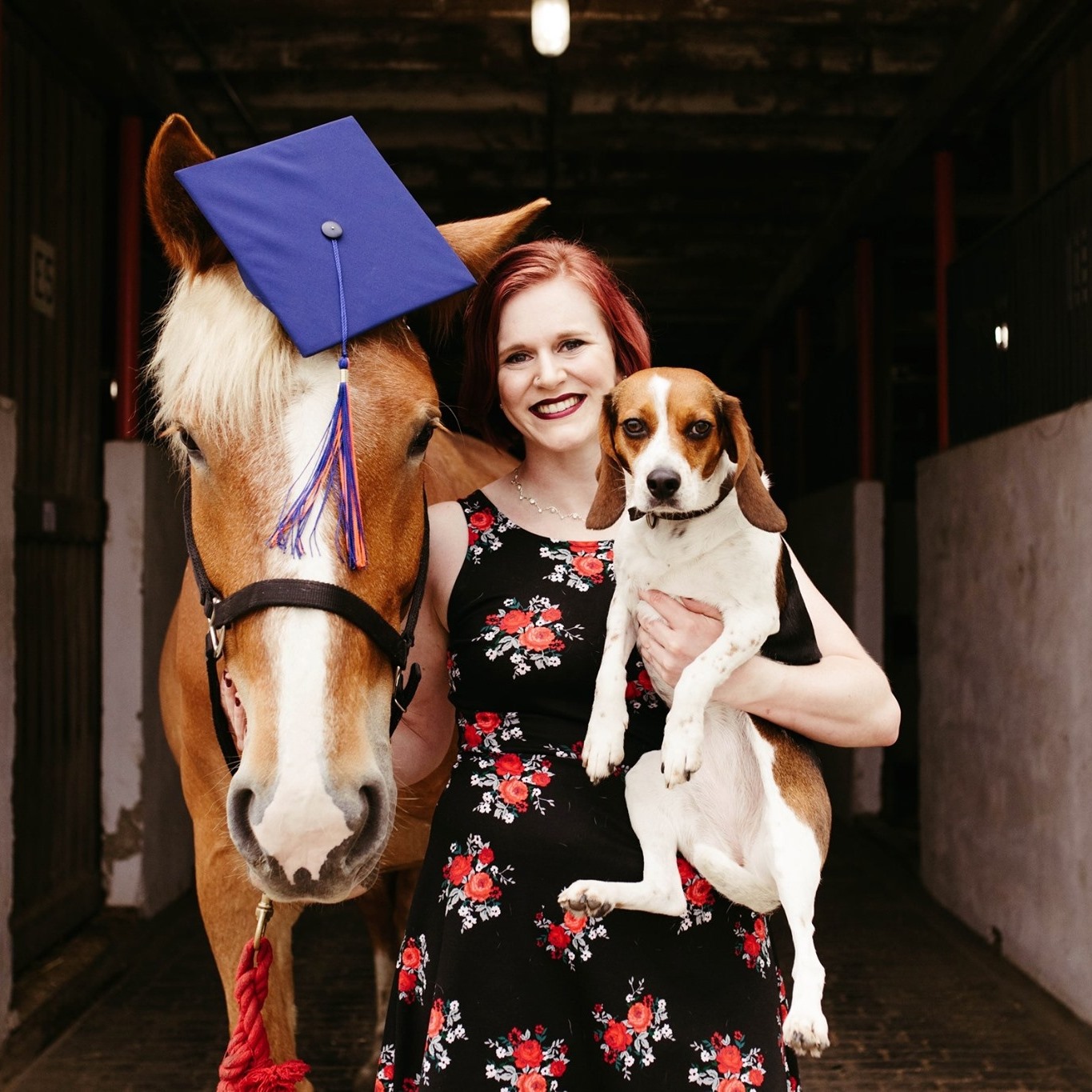
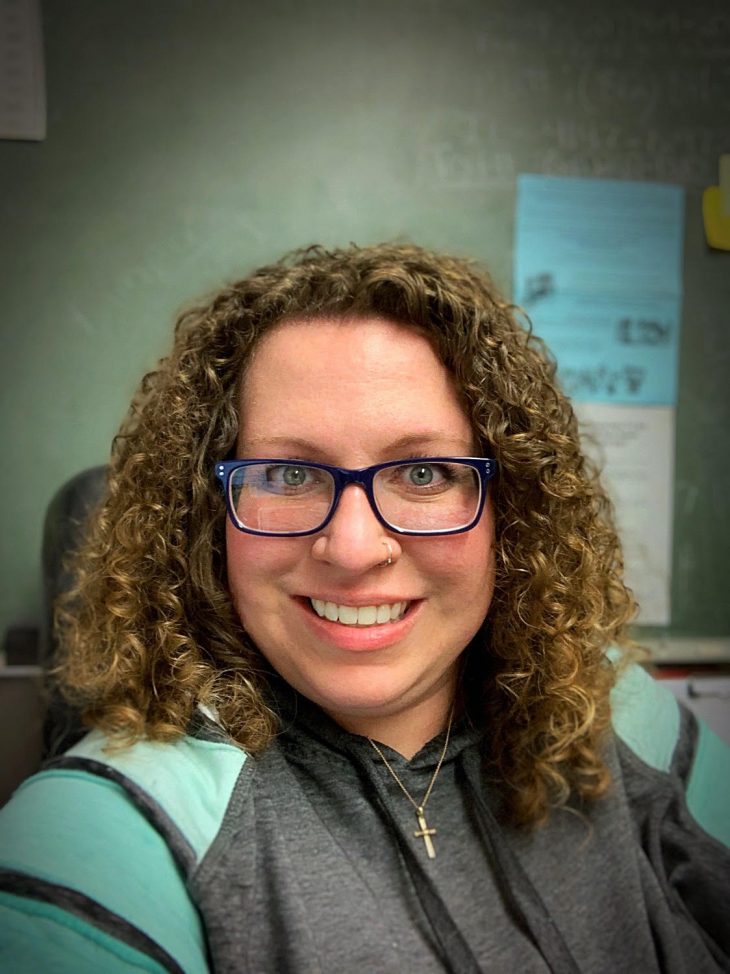


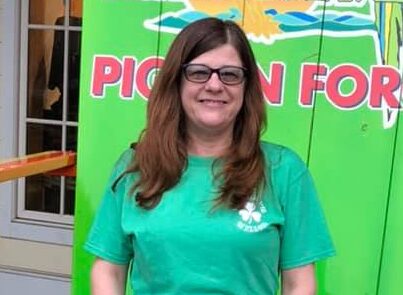


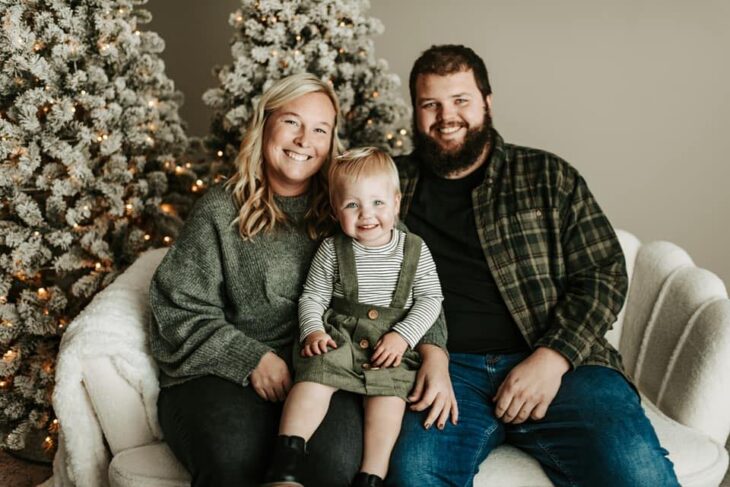
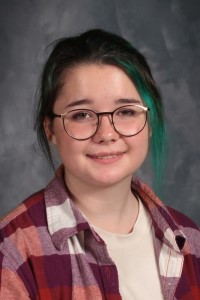
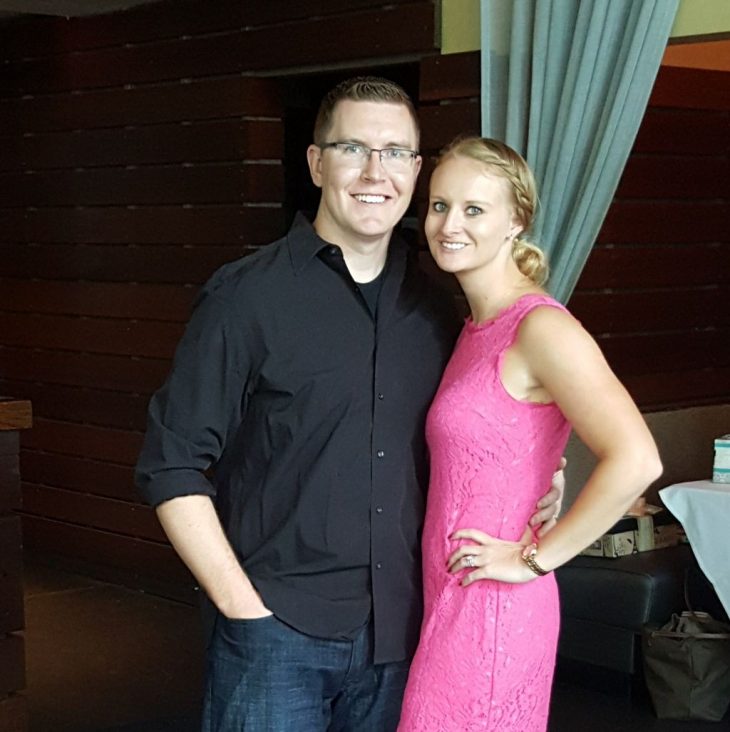

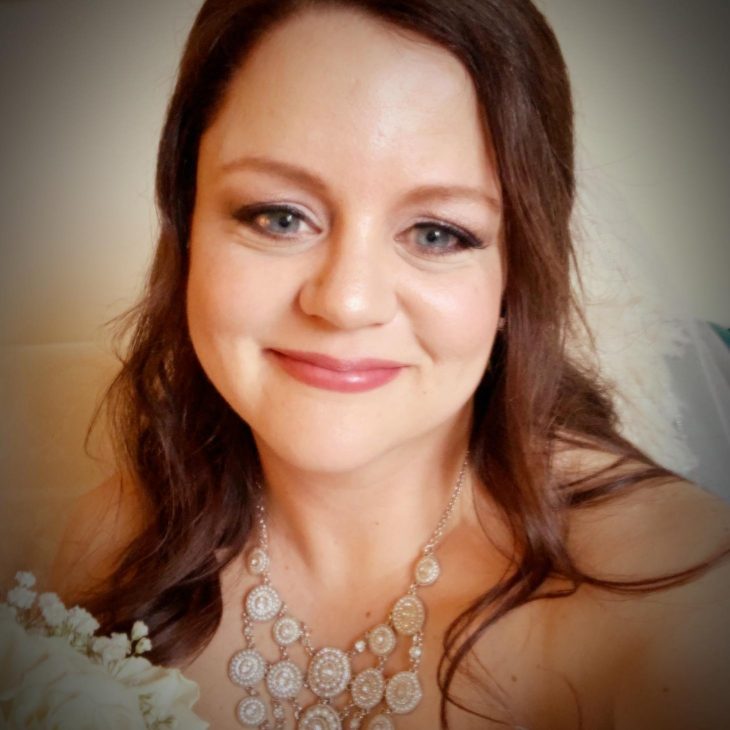


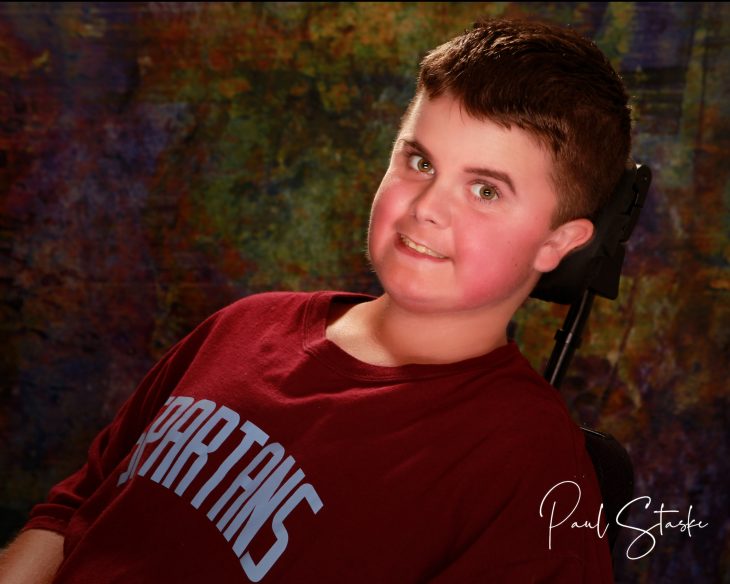












You must be logged in to post a comment.